About
History
Abstract Submission
Organizers
Contact Us
NOAA's 22nd Climate Prediction Applications Science Workshop (CPASW22) will be held in conjunction as a joint workshop with the NOAA's 49th Climate Diagnostics and Prediction Workshop (CDPW49). The joint workshop will be hosted by the National Drought Mitigation Center at University of Nebraska-Lincoln and is co-hosted by the Climate Prediction Center (CPC) of the National Centers for Environmental Prediction (NCEP) and the Climate Services Branch (CSB) of the National Weather Service (NWS), and several others. The joint workshop will bring together a community to share developments in research and application of weather and climate information for societal decision-making. Participants will include researchers, service producers, resource managers, planners, practitioners, social scientists, and others making weather and climate-sensitive decisions. The meeting is currently being planned as a hybrid in person / virtual event, hoping to combine the benefits of a face-to-face meeting with the potential for broader virtual participation. At this time, we are planning to have all speakers and poster presenters on site in Nebraska, with an option for virtual attendance for those who would like to listen to workshop speakers without traveling. History of CPASW TestThe annual Climate Prediction Applications Science Workshop (CPASW), initiated in 2002 by the NOAA National Weather Service Climate Services Division, brings together a group of climate researchers, climate product producers, and climate information users to share developments in research and applications of climate predictions for societal decision-making. A unique planning team, consisting of several NOAA climate services partners, organizes and hosts CPASW at a different location each year to ensure varying climate application focuses, and both regional and national perspectives.
Links to previous CPASW workshops and information for the latest:
|
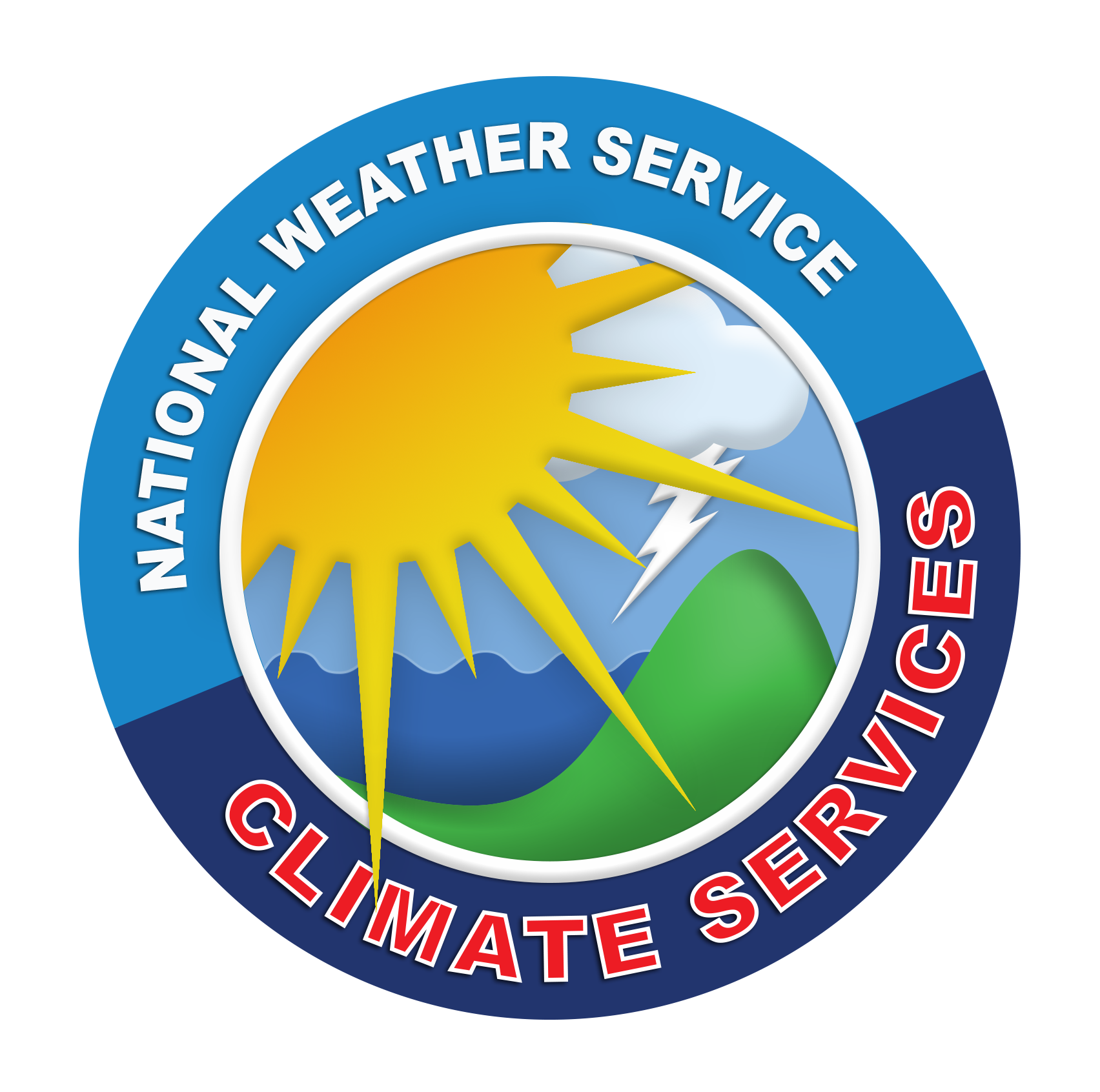 |
NWS Climate Services Branch (CSB) |
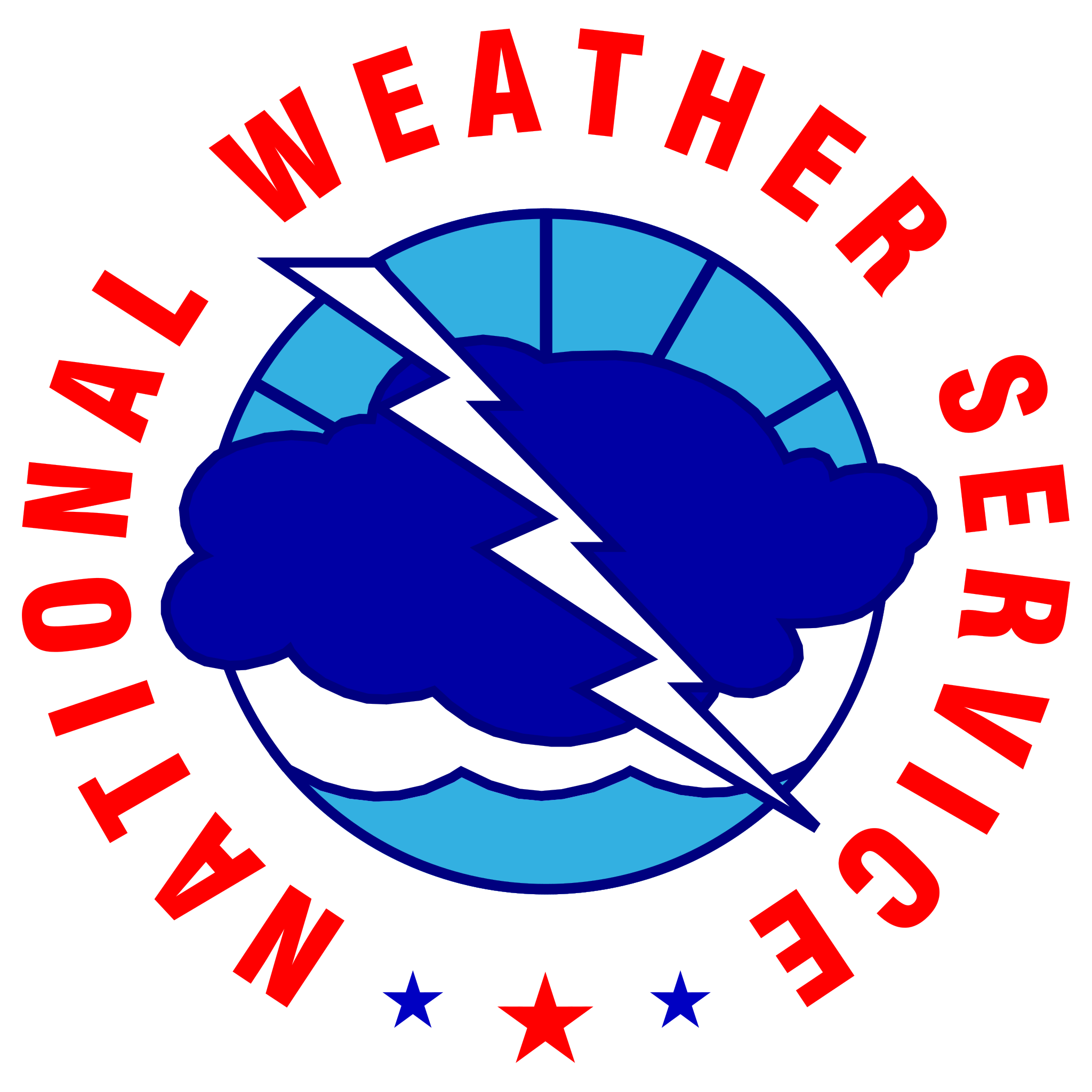 |
NWS Climate Prediction Center (CPC) |
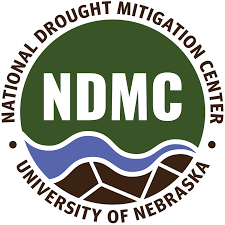 |
National Drought Mitigation Center |
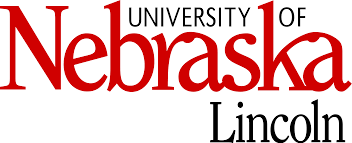 |
University of Nebraska-Lincoln |
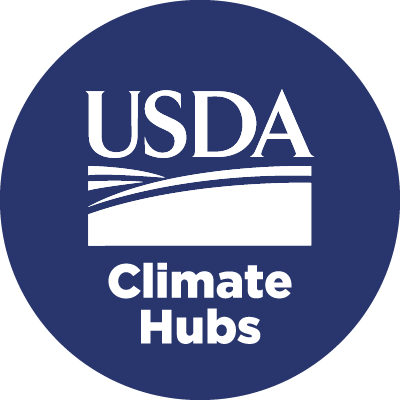 |
USDA Midwest Climate Hub |
 |
NOAA Climate Program Office |
NOAA National Centers for Environmental Information |
|
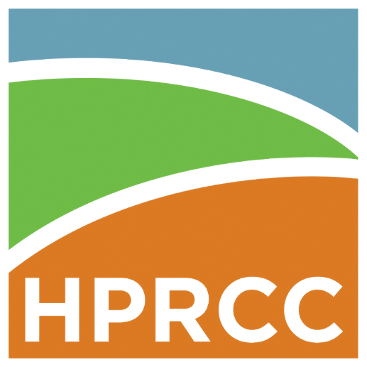 |
High Plains Regional Climate Center |
Jenna Meyers (jenna.meyers@noaa.gov)
Maggie Hurwitz (margaret.hurwitz@noaa.gov)
Brian Fuchs (bfuchs2@unl.edu)
Hailan Wang (hailan.wang@noaa.gov)